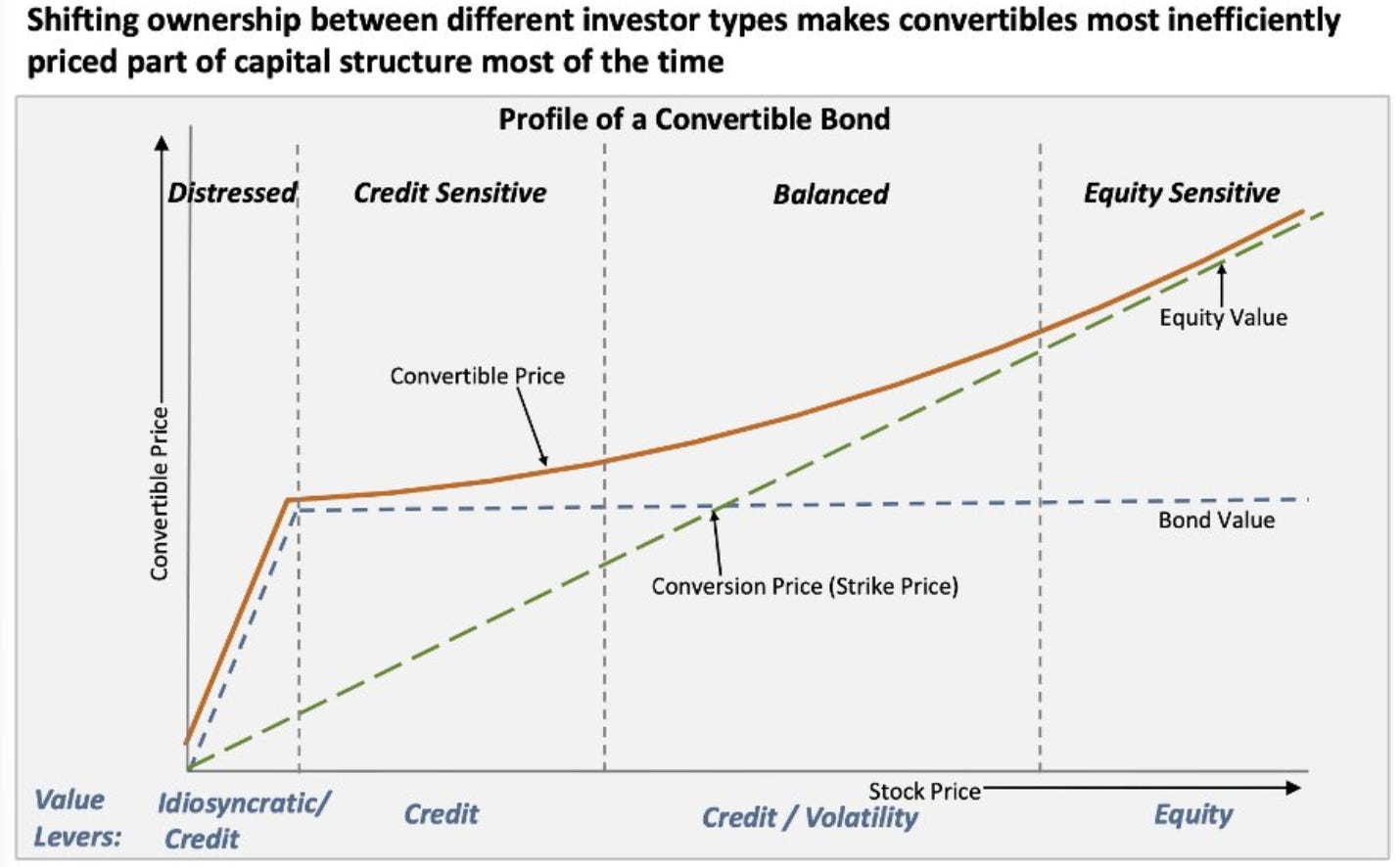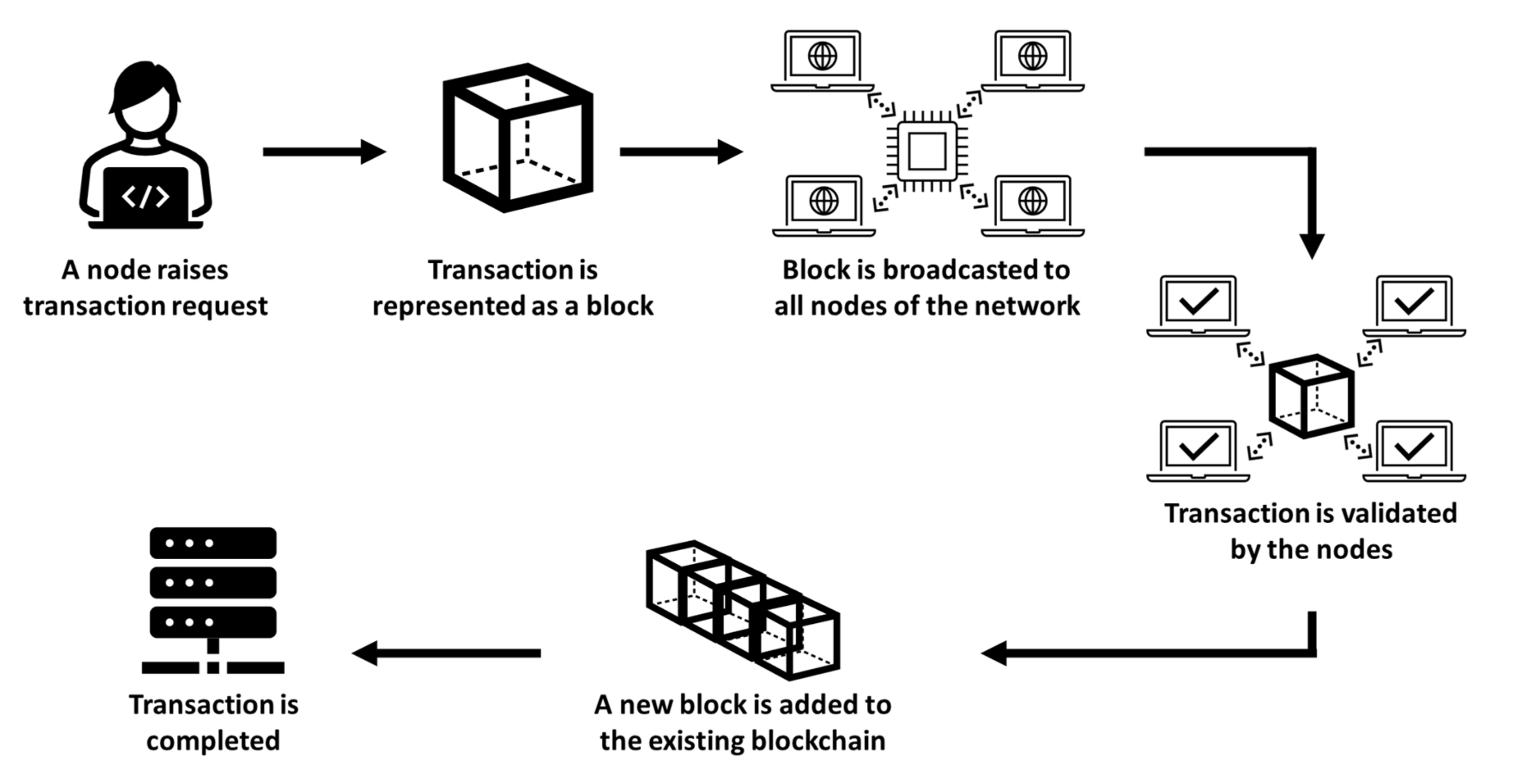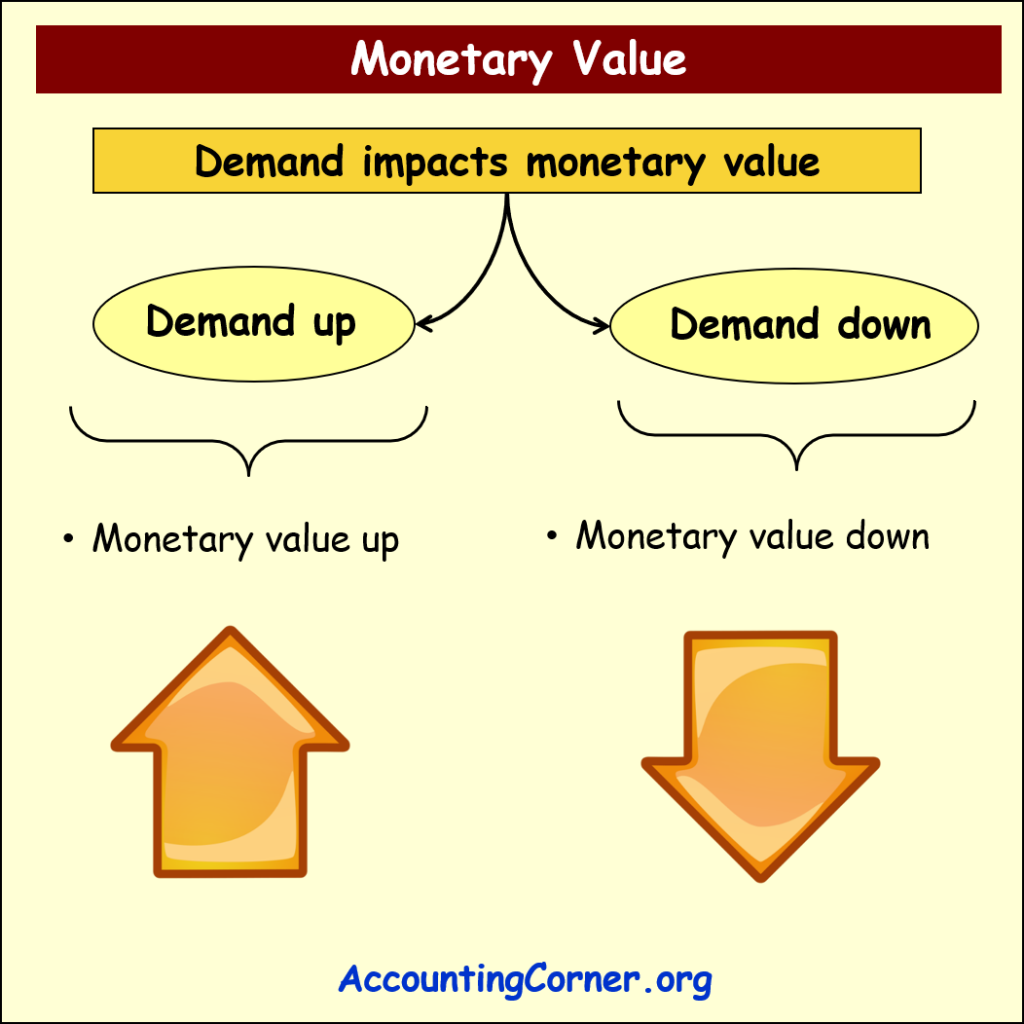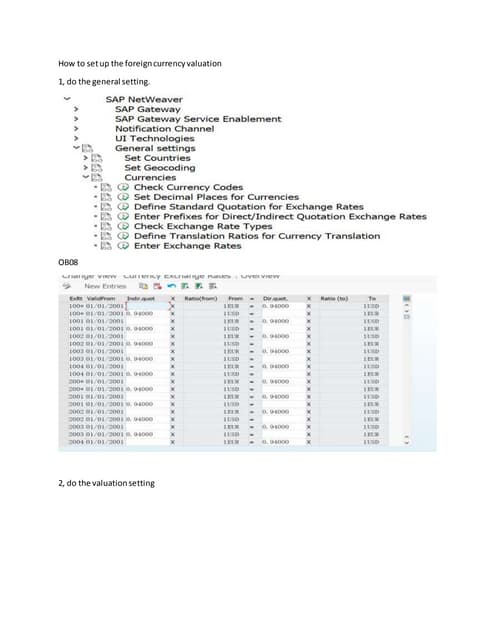Which Of The Following Are Short-term Drivers Of Currency Valuation
/dotdash_Final_Currency_Appreciation_Definition_Apr_2020-01-063bf4cdbc9e4f4d82fa4aa46738498d.jpg)
In the volatile world of global finance, currency values fluctuate constantly, driven by a complex interplay of factors that can leave investors and policymakers scrambling to understand the immediate causes. While long-term economic fundamentals undoubtedly shape a currency's trajectory, the short-term drivers can be more elusive and often dictate day-to-day trading strategies and market sentiment.
Understanding these immediate catalysts is crucial for anyone involved in international trade, investment, or policymaking. The question then becomes: which factors exert the most influence on currency valuations in the short run? This article will delve into the key drivers that can cause significant shifts in currency values within days, weeks, or months, exploring their mechanisms and potential impacts on the global economy.
Interest Rate Differentials and Monetary Policy
One of the most potent short-term drivers of currency valuation is the interest rate differential between countries. Central banks, through their monetary policy decisions, directly influence these rates.
When a central bank raises interest rates, it generally makes its currency more attractive to foreign investors seeking higher returns. This increased demand for the currency typically leads to appreciation.
Conversely, if a central bank lowers interest rates or signals a dovish stance, the currency may depreciate as investors seek higher returns elsewhere. The Federal Reserve's (Fed) announcements regarding interest rate adjustments are closely watched by currency traders worldwide.
Recent data from the International Monetary Fund (IMF) underscores the strong correlation between interest rate differentials and currency movements, particularly in developed economies.
Market Sentiment and Risk Aversion
Market sentiment, often fueled by geopolitical events or unforeseen economic shocks, can have an immediate and significant impact on currency values. A surge in risk aversion can trigger a "flight to safety," driving investors towards perceived safe-haven currencies like the US dollar (USD), Japanese yen (JPY), or Swiss franc (CHF).
Conversely, increased risk appetite can lead to capital flowing into emerging market currencies offering higher yields, even if they carry greater risk. These shifts in sentiment can be rapid and unpredictable, creating short-term volatility in the currency markets.
A major political event, like a surprise election result or an international conflict, can quickly alter market perceptions and spark significant currency movements.
Economic Data Releases
The release of key economic data, such as GDP growth figures, inflation rates, unemployment numbers, and trade balances, can trigger immediate reactions in the currency markets. Stronger-than-expected data often boosts a currency, while weaker-than-expected data can lead to its depreciation.
For example, a positive surprise in US GDP growth could strengthen the USD as investors anticipate higher interest rates from the Fed. Inflation data is particularly critical, as central banks closely monitor it when making monetary policy decisions.
The timing and context of these data releases are crucial. A positive surprise in a previously pessimistic environment may have a more pronounced effect than a similar release during a period of economic optimism.
Geopolitical Events and Political Stability
Geopolitical events, ranging from political instability in a country to international conflicts, can significantly impact currency valuations. Uncertainty and instability tend to weaken a currency, as investors become wary of holding assets in a country facing political turmoil.
Even the perception of political risk can be enough to trigger capital flight and currency depreciation. The stability of a country's political system and its adherence to the rule of law are important factors considered by international investors.
Brexit, for instance, triggered significant volatility in the British pound (GBP) as investors grappled with the uncertainties surrounding the UK's future relationship with the European Union.
Speculative Trading and Market Positioning
Speculative trading, often driven by hedge funds and other institutional investors, can also contribute to short-term currency fluctuations. Large-scale currency trades can amplify market movements, particularly if they are based on technical analysis or momentum strategies.
Market positioning, which reflects the aggregate net long or short positions in a currency, can also be a factor. If a currency is heavily overbought or oversold, it may be more vulnerable to a correction or reversal.
Central bank intervention in the currency markets can also be a form of speculative trading that causes immediate fluctuations. Intervention may have a desired effect that is positive to that country's economic standing.
Supply and Demand
The basic economic principle of supply and demand applies to currencies as well. Demand of a currency usually increases with the increase of foreign investment, due to the purchase of domestic goods.
A decrease in demand can decrease the value of a currency, and has an immediate affect on the valuation.
A country that exports more than it imports tends to have a strong currency, as there is higher demand from other countries to obtain it.
Looking Ahead
Predicting short-term currency movements is notoriously difficult, as these drivers can interact in complex and unpredictable ways. However, understanding these factors and their potential impacts is essential for navigating the currency markets and managing risk.
Monitoring economic data releases, central bank communications, and geopolitical developments is crucial for staying informed about potential short-term drivers of currency valuation. By staying vigilant and adapting to changing market conditions, investors and policymakers can better manage the risks and opportunities presented by currency fluctuations.
The future of currency valuation will likely be shaped by evolving global dynamics, including technological advancements, shifting trade patterns, and changing geopolitical landscapes. A holistic understanding of these trends will be essential for anyone seeking to navigate the complexities of the global currency markets in the years to come.






/currency-chart-624674912-88da02a8c0b14db9a205e66368e8cab5.jpg)











